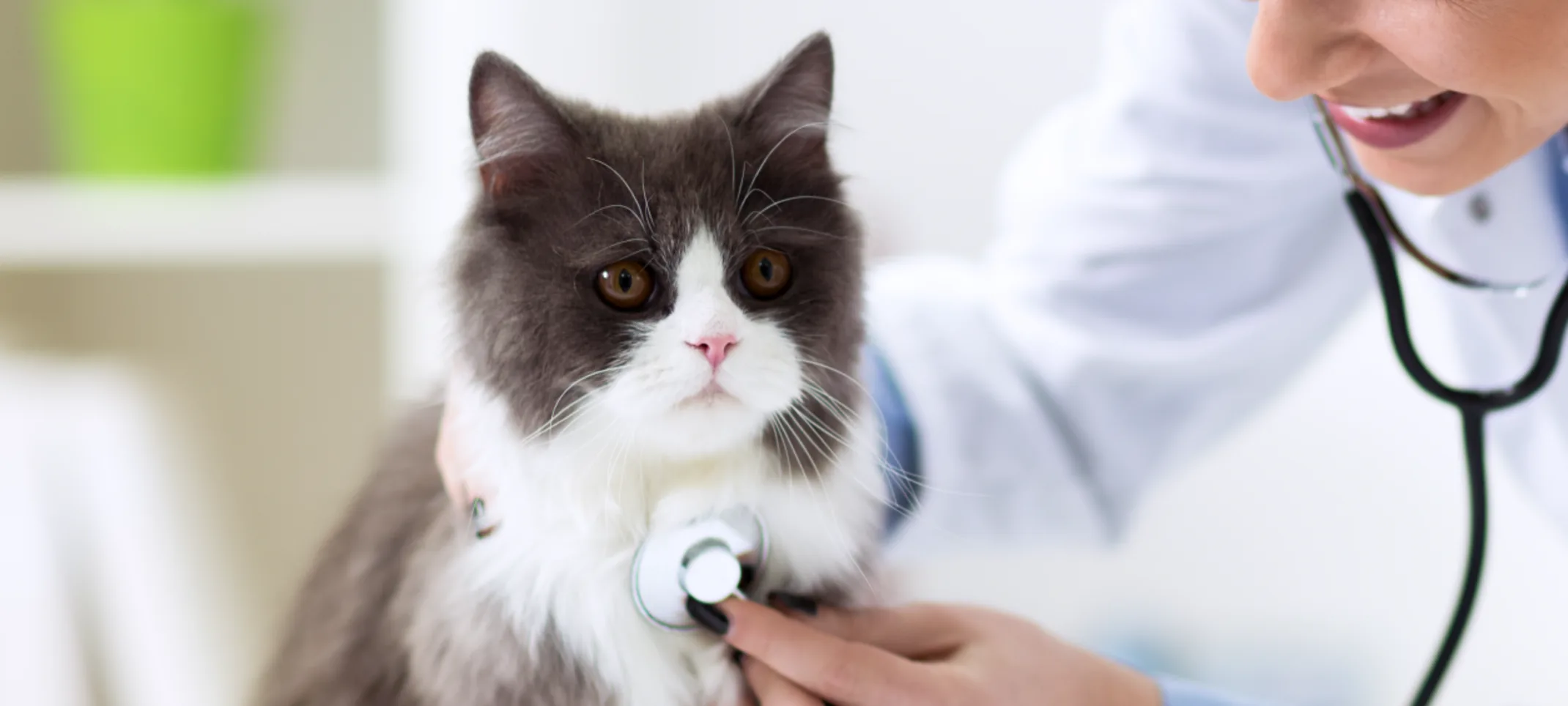Channel Islands Veterinary Hospital
Cardiology
Cardiology is a branch of medicine dealing with disorders of the heart as well as part of the circulatory system.

Heart (cardiovascular) disease is any condition of the heart or blood vessels that disrupts the normal function of the heart and/or blood vessels to deliver oxygenated blood to the body. Heart diseases can be congenital (i.e., present from birth) or acquired (i.e., occur later in life). In small breed dogs, (e.g., Cavalier King Charles Spaniels, Miniature and Toy poodles, Lhasa Apsos, Yorkshire terriers, Shih Tzus, Chihuahuas and even some Cocker Spaniels and Schnauzers), cardiac disease most commonly involves the valves of the heart (otherwise known as valvular cardiac disease). However, in large breed dogs, (e.g., Doberman Pinschers, Boxers, Irish Wolfhounds, Great Danes, Saint Bernards, Afghan Hounds and even Cocker Spaniels), the actual musculature of the heart is often more likely to be the source of your pet’s cardiac disease. This is known as cardiomyopathy (disease of the heart muscle).
Heart disease is diagnosed using a variety of diagnostic tools including a combination of a good old-fashioned physical examination and history taking, as well as more sophisticated tests such as chest X-rays, blood work analysis, blood pressure measurements, EKG and echocardiography (ultrasound of the heart) and others. Each of these diagnostic tools provides a different piece of the information needed to accurately evaluate your pet’s heart condition. Most often once we understand the full extent of your pet’s cardiac disease, medications are prescribed; however, sometimes prescribing medications in the earliest stages of cardiac disease is inappropriate and even detrimental.
Recent studies have shown that premature drug intervention for cardiac disease has not been shown to stem off impending further cardiac disease and may, in fact, be harmful. So in these cases watchful monitoring is the best course of therapy. However, once your pet’s signs progress to the stage of warranting medications we will intervene very aggressively to slow the progression of the cardiac disease so as to give them the longest period of high-quality time with you, often meeting or exceeding their potential life expectancy. Our goal is to give you and your pet the longest period of quality time together rather than just the longest period of survival time together at any cost.
Managing cardiovascular disease in dogs and cats is a significant part of our practice. Unlike us, our furry friends do not develop atherosclerotic plaque (otherwise known as blocked arteries); however, they can and do develop virtually all other forms of heart disease present in humans as well some conditions not found in people.
Symptoms & Signs of Heart Disease
Symptoms of heart disease in animals can take many forms including activity or exercise intolerance, shortness of breath or difficult breathing, restlessness during sleep, fainting and blueness (cyanosis). Often, heart diseases in animals will not cause obvious symptoms until the disease becomes advanced.
Heart disease in dogs and cats presents itself in much the same way as it does in humans; however, there are some notable exceptions, particularly in cats, as they often exhibit vomiting as their primary sign of cardiac disease. Below is a list of some of the most common signs of heart disease in dogs and cats. Since early detection is key to slowing the progression of heart disease, be on the lookout for the following signs…
Dogs
Coughing
Difficulty breathing
Changes in behavior
Poor appetite
Weight loss or gain
Fainting/collapsing
Weakness
Restlessness
Edema
Isolation
Cats
Vomiting
Difficulty breathing
Thromboembolisms
Depressed/withdrawn
Poor appetite
Weight loss or gain
Swollen abdomen
Fainting/collapsing
Weakness
Restlessness
If you notice any of the above symptoms in your pet, please contact us to schedule an appointment to evaluate their overall health status and potential for developing any cardiovascular disease.
